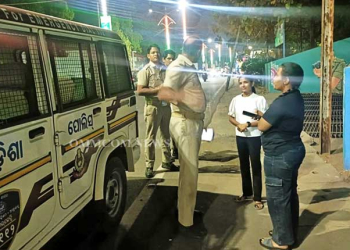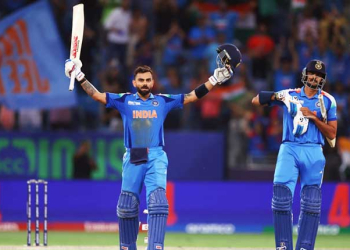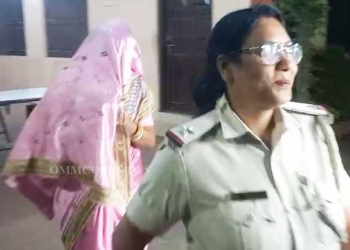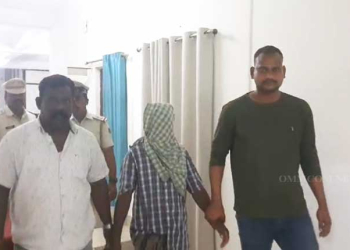Bhubaneswar: Justice Deba Priya Mohapatra, former Judge of Supreme Court and Orissa High Court passed away today at a private hospital in Cuttack after a brief illness.
Mohapatra was born on August 3, 1937, at Cuttack in a family of eminent lawyers. His father Late Justice Souri Prasad Mohapatra was a leading lawyer of his time, who later on became a Judge of the Odisha High Court. Justice Mohapatra received his early education from Ravenshaw Collegiate School, Cuttack and Madras Christian College, Madras. He did his graduation from Ewing Christian College, Allahabad and studied law at M.S Law College, Cuttack. He enrolled himself as an advocate at the Odisha High Court in 1960, to begin his expansive career in law.
As a successful and distinguished advocate for nearly 23 years at the bar, between 1960 – 1983, he handled a variety of important cases on the constitutional, civil and criminal side and worked in the capacity of standing counsel, Transport Department; Additional Government Advocate and lastly Government Advocate before his elevation as a judge of the Odisha High Court in 1983.
He was a judge of the High Court between 1983 to 1995, before holding office as the Acting Chief Justice of Odisha High Court from May 1995 to February 1996. Thereafter, Justice Mohapatra was appointed as Chief Justice of Allahabad High Court, with the largest bench in the country, before being elevated as a Judge of the Supreme Court on December 9, 1998. He retired on August 3, 2002 from the Apex Court. Post retirement from the Apex Court, Justice Mohapatra decided to return to his parental house at Cuttack, Odisha and was appointed the first Chairperson of the Odisha Human Rights Commission (OHRC) from July 2003 to August 2007.
Justice Mohapatra contributed to many notable cases – In Danial Latifi v. Union of India, he was part of the constitution bench that produced a landmark judgement while interpreting the Hindu Minority and Guardianship Act and upholding upheld the constitutional validity of the Muslim Women (Protection of Right on Divorce) Act,1986. In Abdul Karim v. State of Karnataka, Justice Mohapatra was part of the Supreme Court bench which directed the Government to find sandalwood smuggler Veerappan and his associates who had kidnapped a Kannada film actor and his assistants.
He was a great believer for maintaining the highest standard of personal integrity and demeanour in judicial conduct and had a liberal approach to interpretation of law to meet the end of social justice. Moreover, Justice Mohapatra truly believed that the judiciary cannot exist without the trust and confidence of the people. He eschewed improper demeanour and engaging in personal behaviour that would call his judicial integrity into question. As the saying goes, the robe magnifies the conduct.
In the span of 20 years of illustrious judgeship, Justice Mohapatra has left an indelible impression as a humanist and rationalist judge, in dispensation of justice. His conviction in the rule of law and judicial wisdom, humility and ambient personality earned the respect and admiration of the entire legal fraternity. Additionally, he was a devoted family man and mentor to many. He is survived by his wife, three daughters and four grandchildren.



















